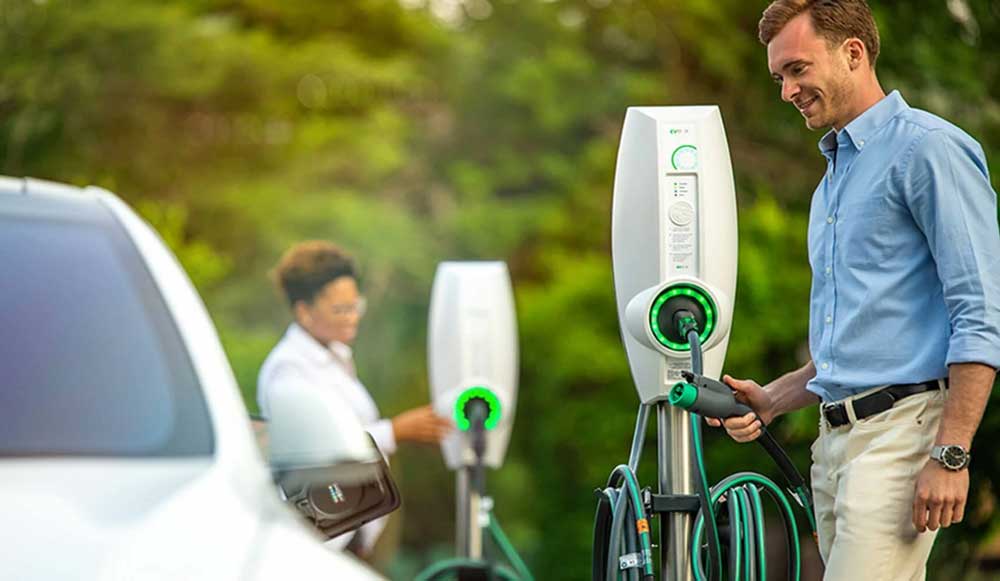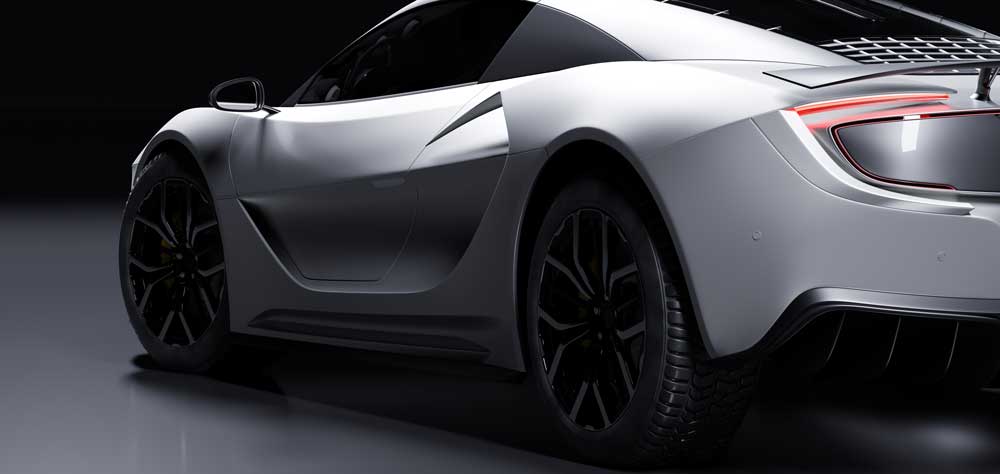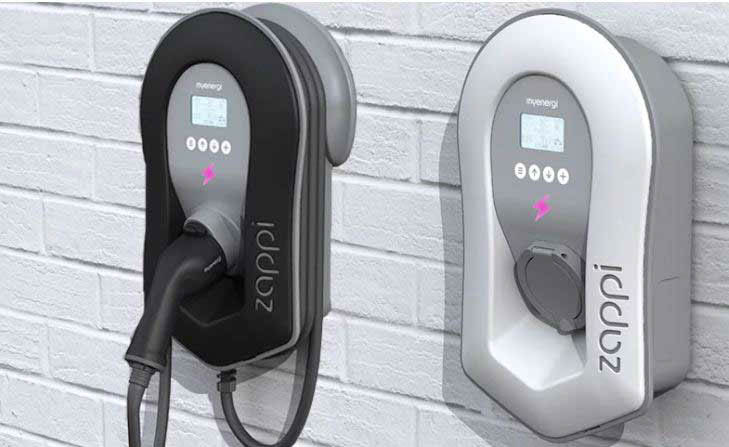Electric Car Charger Ireland powered by Phoenix Electrical Services

Electriccarcharger.ie powered by Phoenix Electrical Services Residential and Commercial Electric Vehicle (EV) Charger Specialists. Quality Affordable Electric Vehicle (EV) Chargers Expertly Installed by Qualified Electrical Professionals from Highly Reputable Electrical Services Provider to
Posted by on 2022-11-22
How Much Does It Cost To Charge An EV? Calculating My EV Road Trip Charging Cost

How Much Does It Cost To Charge An EV? - As an electric vehicle (EV) owner, you're probably aware that one of the main benefits of owning an EV is how much cheaper it is to charge compared to fuelling a petrol or diesel car. But how much does it cost to charge an EV?
Posted by on 2022-11-21
Commercial EV charger installation - 10 Top Tips For Planning A Commercial Electric Vehicle Charging Installation For Your Business

Commercial EV charger installation is becoming more common as the popularity of electric vehicles grows. In many cases, charging facilities are expected to be available on business premises for staff and customers to use - in other cases, it is required as more businesses discover the benefits of switching to an electric fleet.
Posted by on 2022-10-15
How to Care for an EV and Electric Car Charger?

How to Care For an EV - Electric vehicles (EVs) are becoming increasingly popular, but there is still a lot of confusion about how to care for them properly. Owning an electric car is a great way to save money on fuel and do your part to help the environment, but if you're one of
Posted by on 2022-09-14
